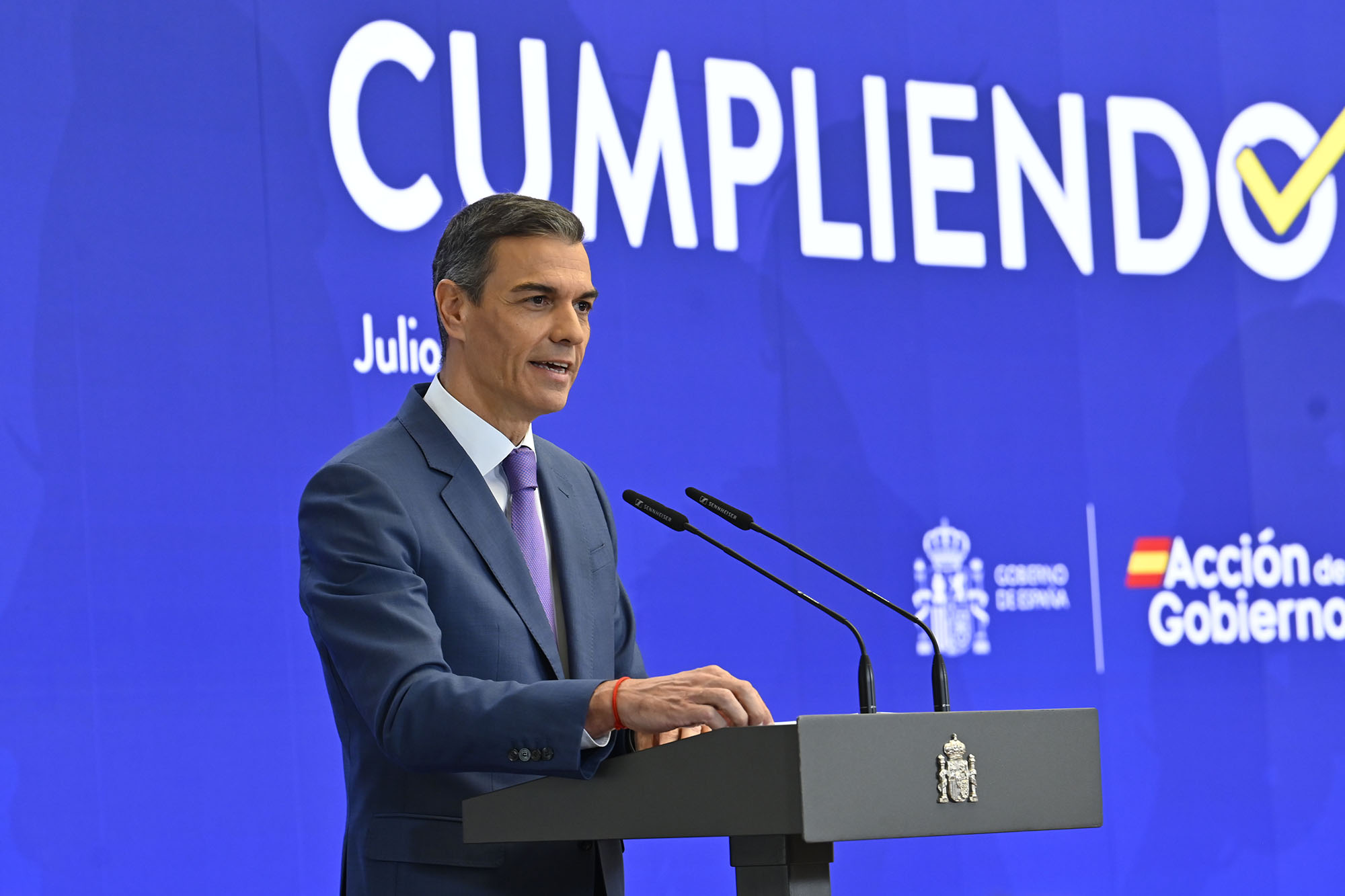Within the corridors of the Spanish judiciary, concern and determination are growing. High-ranking legal sources confirm that a potential indictment of Prime Minister Pedro Sánchez is being intensively considered over the numerous corruption scandals shaking his closest political and family circles. Although conclusive evidence for a formal indictment is still pending, the indications are mounting and point unmistakably towards the center of power in the Moncloa Palace.
A Web of Suspicion: The Cases Burdening Sánchez
The list of affairs that directly or indirectly reflect on the Prime Minister is long and politically explosive. Each of these cases fuels the suspicion that Pedro Sánchez either pursued a personal interest or abused his functional responsibilities.
- The investigation into Begoña Gómez: The business activities of his wife are under judicial scrutiny.
- The Air Europa rescue: The allegation of favoritism in the multi-million-euro state aid for the airline carries significant weight.
- Public contracts during the pandemic: There is suspicion of questionable awards.
- The landing of Delcy Rodríguez: The irregular arrival of the Venezuelan Vice President continues to raise questions.
- The case of his brother David: Alleged nepotism in the appointment to a public position.
- A tailor-made university chair: The controversial creation of a university professorship for his partner.
The Judiciary’s Greatest Fear: Congress as a Political Shield
The real fear among judges and prosecutors extends beyond the Prime Minister’s potential criminal involvement. It concerns the very foundations of the Spanish rule of law. If the Supreme Court were to initiate formal proceedings against Sánchez, the Congress of Deputies would have to approve a corresponding request for an immunity waiver (Suplicatorio). But this is precisely where the danger lies: the governing coalition of the PSOE and its partners holds a majority and could use it to block any judicial investigation.
“There is a real fear of an unprecedented confrontation between the powers of the state,” Libertad Digital quotes a judicial source. Such a maneuver would paralyze the proceedings and plunge Spain into a scenario of institutional impunity and a dangerous democratic imbalance.
Constitutional Gap and Looming Loss of Prestige
Experts warn that the Spanish Constitution offers no clear solution for such a conflict. The connection between the executive and the parliamentary majority renders the constitutionally provided checks and balances almost ineffective in practice. Parliament would no longer be controlling the government but would act as its legal shield.
The Air Europa case is considered particularly sensitive. Documents suggest that the decision on the state aid exceeded the authority of the then-minister, José Luis Ábalos. This leads to the conclusion that such a decision required the approval, or even the direct impetus, of the Prime Minister. If this suspicion is confirmed, an indictment against Sánchez would be inevitable. If the legislature then prevents an investigation, “the system of separation of powers would be seriously damaged,” according to the unanimous opinion of the consulted jurists. Spain’s international reputation would suffer massively, portraying the country as one where institutional controls are merely decorative.




